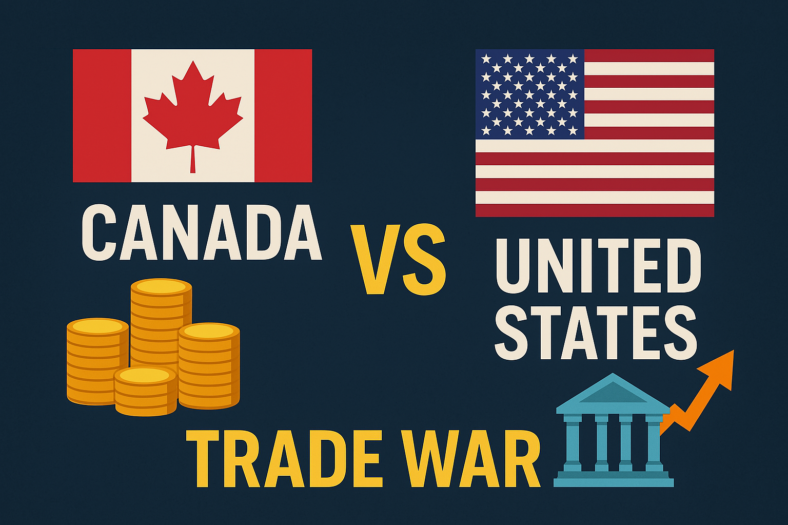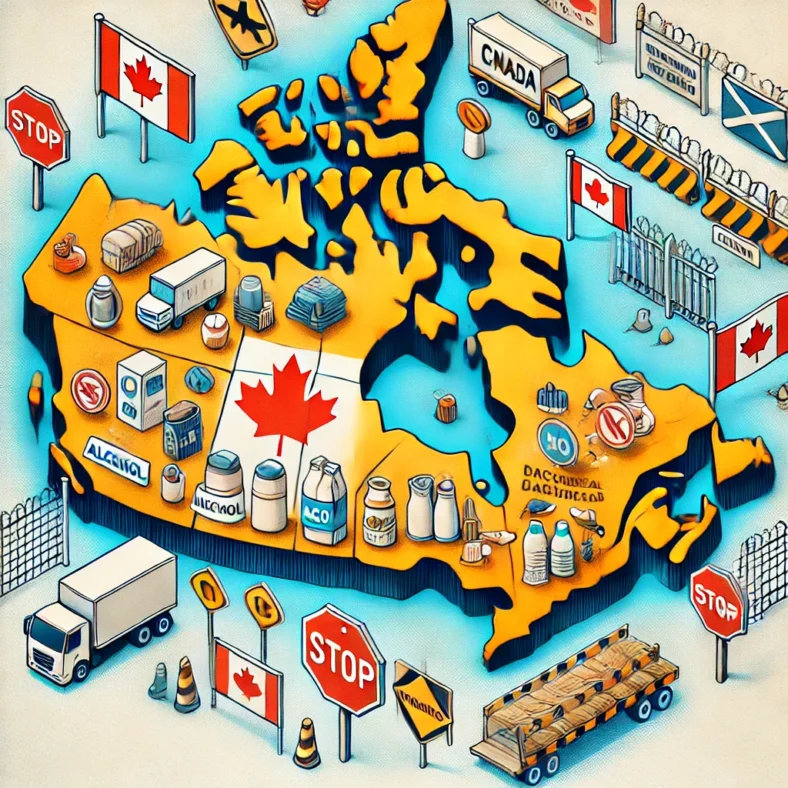Canadian homeowners are experiencing mounting financial challenges as mortgage delinquencies increase, even as the Bank of Canada continues to reduce interest rates. According to a new report from the Canada Mortgage and Housing Corporation (CMHC), many households are in a fragile financial state as they approach mortgage renewal dates.
Mortgage Delinquency Rates Continue to Climb
The CMHC report reveals that the mortgage delinquency rate, representing Canadians who have missed payments for more than 90 days, rose to 0.192% in the second quarter of 2024. Although this is only a small increase from the previous quarter, it reflects a steady upward trend from the record low of 0.14% in 2022 and 0.17% at the end of 2023. While still below the 0.28% delinquency rate seen pre-pandemic, experts expect this figure to approach pre-2020 levels by early 2025.
Financial Strain Extends Beyond Mortgages
Although many Canadians are prioritizing mortgage payments, there are signs of financial stress in other credit areas. CMHC data shows that auto loan delinquencies rose significantly to 2.42% in the second quarter of 2024, up from 2.11% in the previous quarter. Additionally, delinquency rates for credit cards and lines of credit have been steadily increasing throughout the year.
According to Tania Bourassa-Ochoa, CMHC’s deputy chief economist, delinquent credit card and auto loan payments may signal upcoming mortgage payment difficulties, especially as Canadians face high living costs and large mortgage obligations. “Mortgage payments are typically the last priority for households when finances tighten,” Bourassa-Ochoa notes.
Impact of Upcoming Mortgage Renewals
CMHC estimates that 1.2 million Canadians have fixed-rate mortgages set for renewal in 2025. Many of these homeowners initially secured rates when the Bank of Canada’s policy rate was 1% or lower. Although recent rate cuts have brought the policy rate down to 3.75%, many of these homeowners will still renew at substantially higher rates, potentially increasing their monthly payments by an average of 30%.
Will Rate Cuts Bring Relief?
Economists anticipate further rate cuts from the Bank of Canada through 2025, but Bourassa-Ochoa cautions that these expectations may already be factored into current mortgage rates. CMHC projects a possible boost in housing activity by 2025 as the lower rates and proposed federal initiatives, such as expanded mortgage insurance options and 30-year amortizations, take effect.
Housing Market as a Cushion
For now, Canada’s housing market provides some relief for financially stressed homeowners. Bourassa-Ochoa highlights that even in a slower market, most homeowners can still sell their properties quickly, reducing the likelihood of default for those who cannot manage their payments.
Further rate reductions are expected to strengthen employment prospects, which could improve Canadians’ ability to handle higher mortgage payments. However, any unexpected economic downturns that impact jobs could exacerbate mortgage delinquencies, making the situation more precarious.
Households in a Vulnerable Position
Rising home prices in recent years have led to larger mortgages, putting many households in a financially vulnerable position. Bourassa-Ochoa acknowledges that while rate cuts may offer some economic momentum, the increased cost of living, substantial debt loads, and high mortgage payments place Canadians in a more fragile financial state than before.
“We’re hopeful that rate cuts will stabilize the economy and curb the rise in mortgage delinquencies,” says Bourassa-Ochoa, “but it’s crucial to recognize that households today are more financially exposed than they were previously.”




















